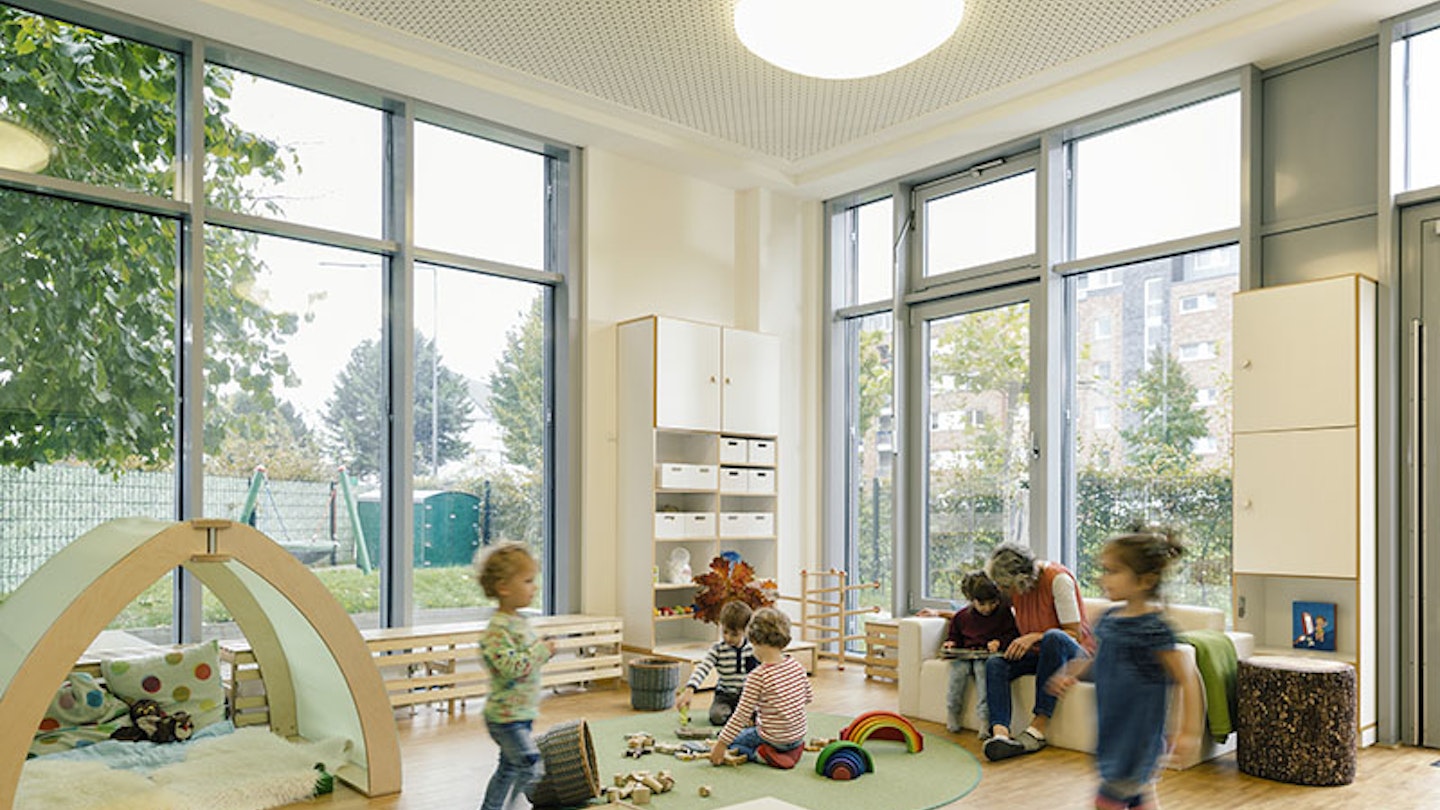After worrying about the wellbeing of their children, most parents we know are asking one question during this coronavirus outbreak: What do I do if my childcare closes?
Well, that, and how do I get a child to wash their hands for two rounds of Happy Birthday for the third time today…
Whether it’s a closed school or nursery, a sick childminder, or even a grandparent unable to provide their care… and back-up care, it’s the nightmare keeping most parents up by at night. Especially if their workplace isn’t closed, doesn't support flexible working or they’re expected to carry on their usual workload from home. Because as every parent knows, CBeebies and Frozen will only get your so far through your inbox.
In fact, even before the government takes its next steps, childcare app Bubble has told Grazia they’re already seeing parents making plans for alternative childcare.
We asked Slater and Gordon Employment Lawyer, Danielle Parsons, what your rights are should you need time off or flexible working patterns to provide childcare in the event of a closed nursery or school.
‘Employees do have the right to reasonable time off to care for dependents in emergencies which would cover a situation where your childcare arrangements were disrupted,’ says Parsons. ‘However, there is no specific limit on the time you can take and your employer doesn’t have to pay you for this time off, unless your contract or staff handbook says otherwise.'
Closures of schools and nurseries will put an enormous strain on working families.
‘If there is a longer-term issue then you may wish to consider taking parental leave for up to four weeks a year for each child you have. This is usually unpaid though so if you may prefer to take annual leave instead or try working from home if that is an option.’
On the idea of asking for flexible work, she adds: ‘You could ask for flexible working to cover the period in question, or remote working but if you work in a hospital or a factory for example, then you might not be able to work from home. If you want flexible working arrangements on a more permanent basis then you should make a flexible working request in writing to your employer. They can take up to three months to consider it but if agreed, your contract should be amended to reflect this.’
Finally, Parsons suggests open communication with your workplace is key: ‘Be open with your employer about what the issues are, what you can manage and how they might be able to help and support you to try to find a way to make things work.’
One of the ways some parents are dealing with unexpected childcare requirements are adhoc babysitters.
Ari Last is a father of three and founder of Bubble, an app that provides recommended, reliable and flexible childcare to over 100,000 users in the UK. He tells Grazia: ‘We continue to communicate with our customers and encourage them to follow government advice, though we are seeing families already being affected. In the last few days, we’ve been supporting parents, helping them arrange ad-hoc and late-notice childcare as a result of nurseries closing and other regular care arrangements not being an option.’
He adds that they are anticipating a higher need in coming weeks: ‘Parents regularly use our platform to arrange flexible childcare help during the daytime and holiday periods, though we expect to see a heightened need, particularly if families are forced to cancel their Easter vacations.
‘As parents ourselves, we’re of course hoping for as minimum disruption as possible, though are preparing to do what we can to help our customers. This includes increasing our app’s support tools and staff over the next few weeks. Closures of schools and nurseries will put an enormous strain on working families especially and it’s vital that we all do what we can to support them as best as possible.’
